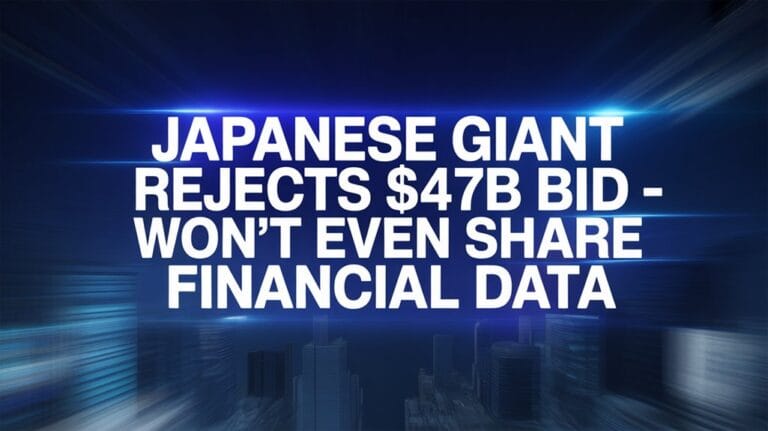Couche-Tard claimed Seven & i refused to engage meaningfully or share key financial details, leaving talks stuck. The collapse of the deal has raised concerns about corporate governance in Japan, where foreign acquisitions often face resistance despite potential benefits for investors.
Couche-Tard accused Seven & i of stalling talks by withholding key data, highlighting Japan’s corporate governance challenges and resistance to foreign acquisitions.
Couche-Tard initially offered ¥2,200 ($14.86) per share in 2024, which Seven & i rejected. It later raised its bid to ¥2,600 ($17.50)—a 48% premium over the market price—valuing the Tokyo-based firm at $46 billion CAD. The company called the revised offer “good and fair,” but Seven & i never formally negotiated, according to Couche-Tard. A July 16 letter signed by founder Alain Bouchard and Couche-Tard’s executives expressed governance concerns, but failed to break the impasse in negotiations.
Despite repeated attempts to schedule meetings, discussions remained superficial. By July 2025, Couche-Tard’s executives said they’d exhausted all options, blaming Seven & i’s leadership for prioritizing control over shareholder returns.
Seven & i defended its actions, claiming it negotiated in good faith while focusing on its own growth plan. The firm highlighted strong initial-quarter profits of ¥49 billion ($330 million)—driven by asset sales—and plans to improve its 85,000 global stores under new CEO Stephen Hayes Dacus.
Its strategy includes enhancing supply chain efficiency and tailoring stores to local markets. But analysts argue the company’s standalone approach hasn’t fully tapped its global potential, with some calling for leadership changes to optimize value.
The failed bid drew intense scrutiny from investors, partly due to its scale—it would’ve been one of the largest deals in the convenience sector. While Seven & i’s sales stayed resilient, helped by a weak yen, the breakdown highlights challenges in cross-border acquisitions involving Japanese firms.
Couche-Tard’s withdrawal ends months of speculation but leaves lingering questions about Japan’s willingness to accept foreign ownership, even when bids promise major premiums. For now, Seven & i’s independence remains intact, but pressure to deliver stronger returns could shape its next moves.





